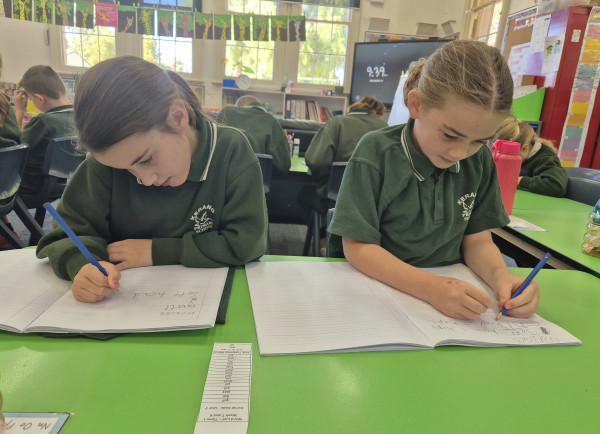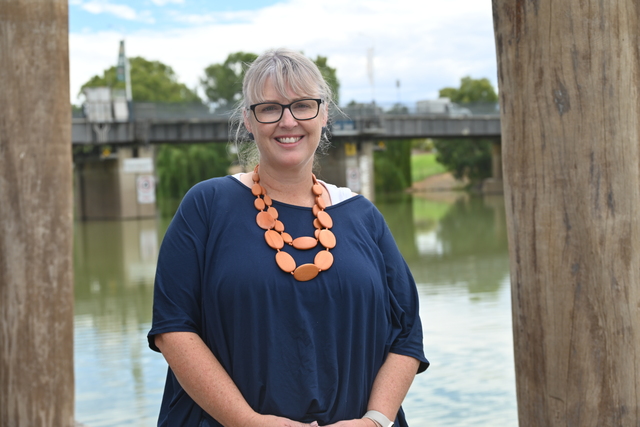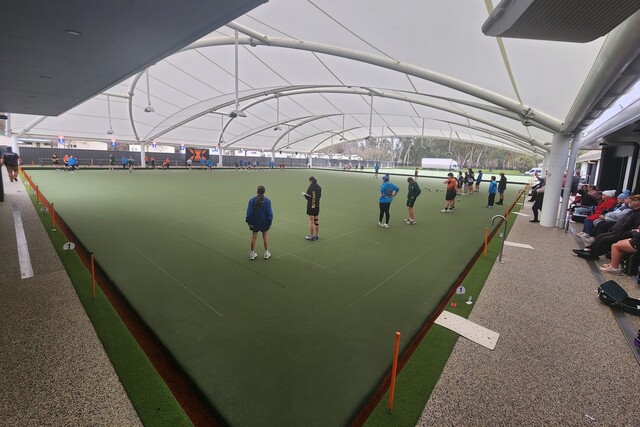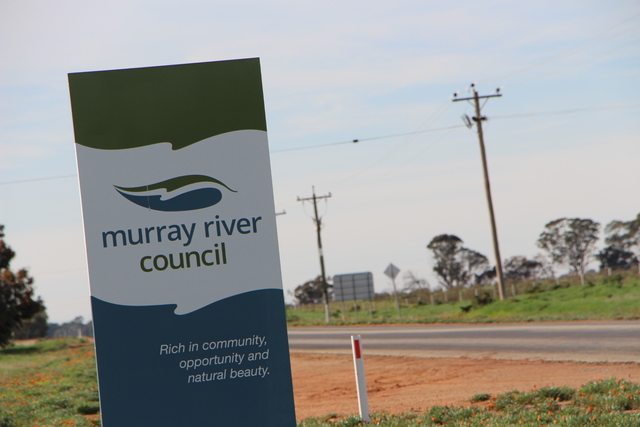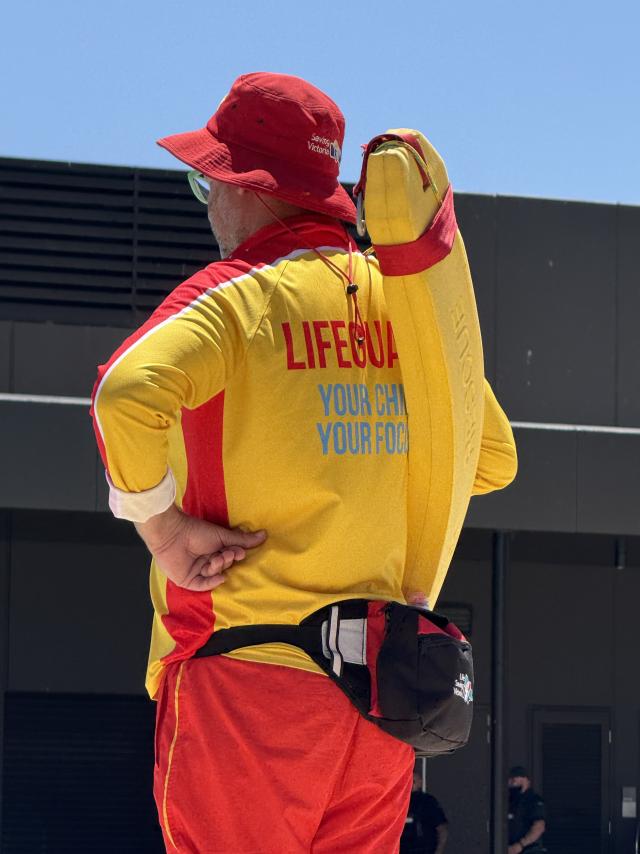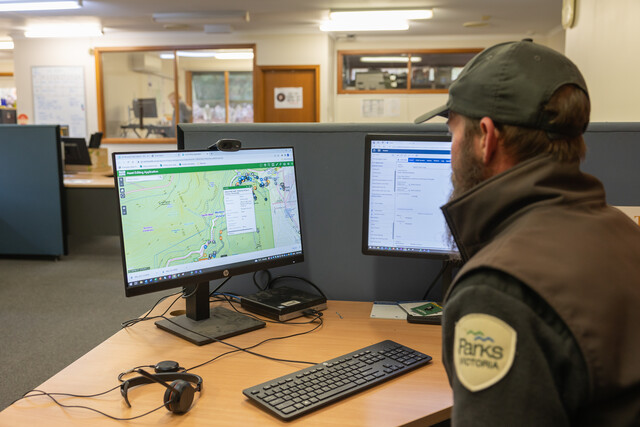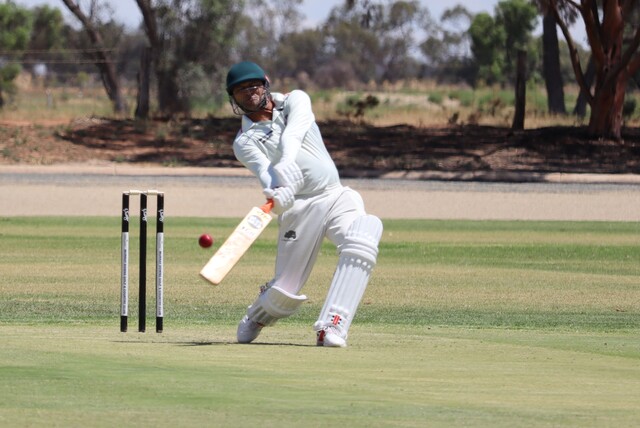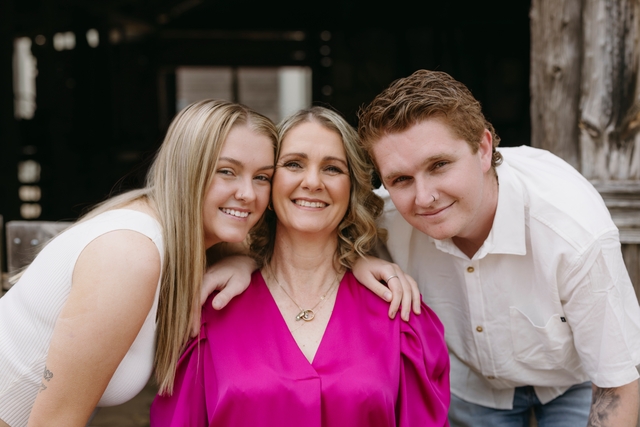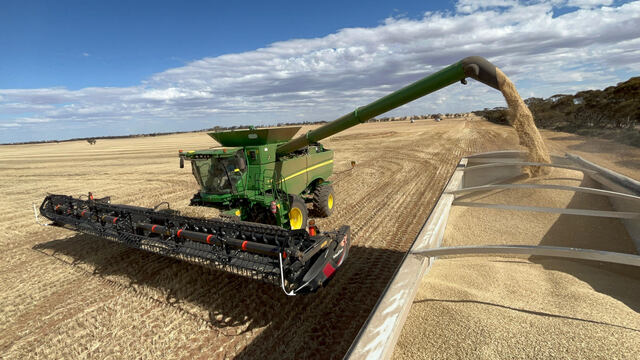KERANG Primary School has overseen a remarkable transition period over the last few years, with notable improvements in both academic performance and community engagement.
The school has experienced a significant shift towards a more balanced approach to education, focusing on both students’ academic excellence and their wellbeing.
“We’ve definitely seen a big change in the academic results,” Mr Wardell said.
“Not that we haven’t been doing well before, but our academic results have improved beyond expectations.
“It’s been incredible to see the students’ ability to engage with their learning, as well as the strengthened connection with the local community.”
One of the key changes implemented at the school has been a return to a systematic synthetic phonics approach, a method backed by research as the most effective way to teach children to read and encode words.
Despite the rise of technology in classrooms, Mr Wardell emphasised that while the school still incorporates technology, it is used as a tool to support other educational strategies rather than as the focal point of learning.
“We’re still using traditional methods like phonics because evidence shows it’s the best way to build reading and writing skills,” he said.
“But we also use technology as a complement, not as a substitute for the foundational academic skills we focus on.”
The results have been impressive, with last year marking Kerang Primary’s best academic performance in over five years.
This has continued into the current year, and Mr Wardell is optimistic about future progress.
“We’ve had our best results in key areas of academic measurement, and it’s something we’re really proud of,” he said.
“But we’re not stopping here. Our aim for 2025 is to maintain high expectations and standards while also providing our students with more opportunities, especially given the challenges of being in a regional area.”
Beyond academics, Kerang Primary School is equally passionate about maintaining strong ties to the community.
The school has worked closely with local organisations, such as Northaven aged care facility, where students recently wrote letters and visited residents.
Mr Wardell saw these community engagement activities as essential for the students’ development.
“Connecting students with their community is something we deeply value,” he said.
“It’s important for them to understand the impact they can have locally, and to realise that making a difference doesn’t just mean solving big global problems.
“It starts in their own backyard.
“We want them to be involved in their community and make a difference where they can.”

